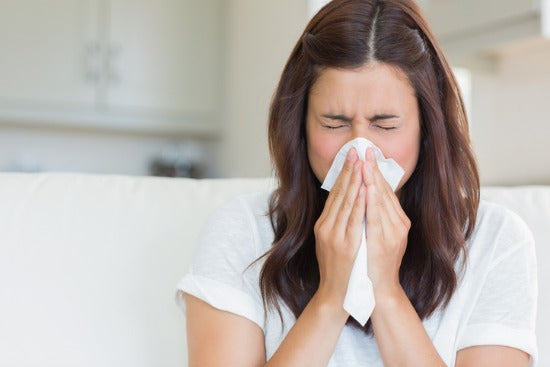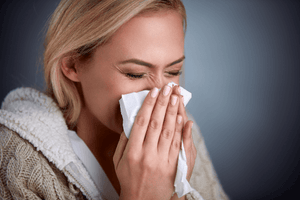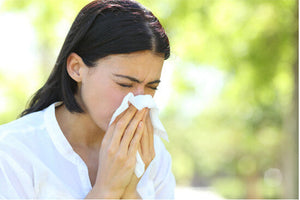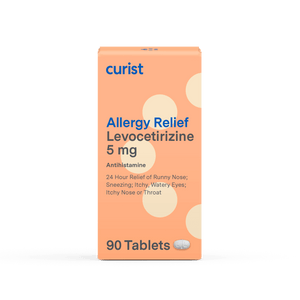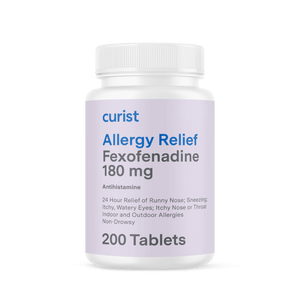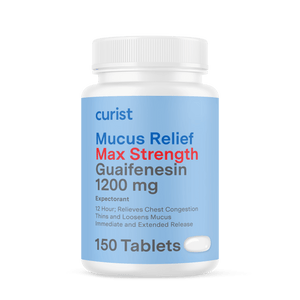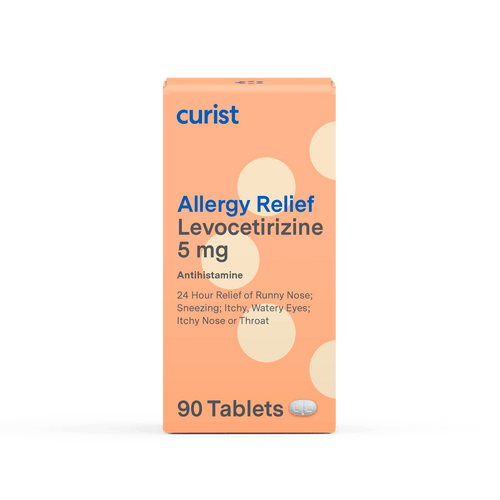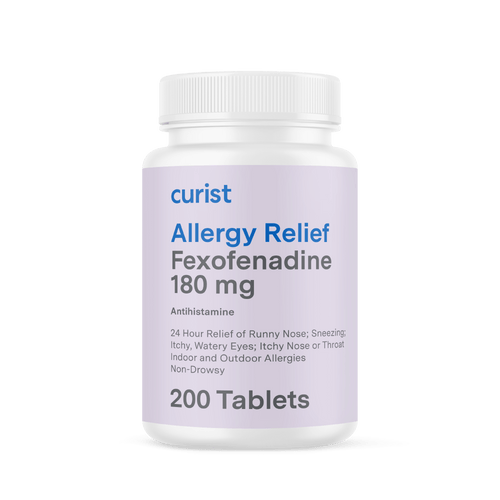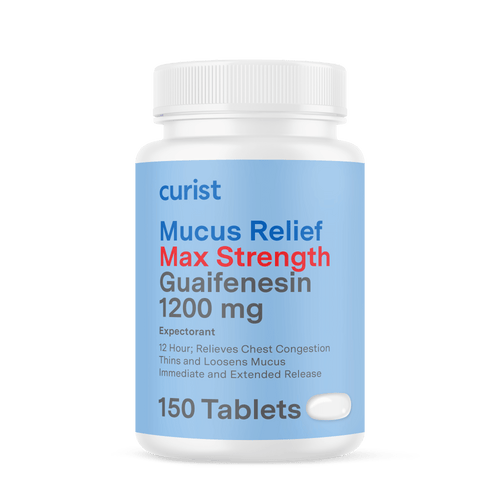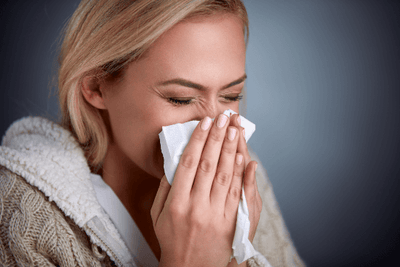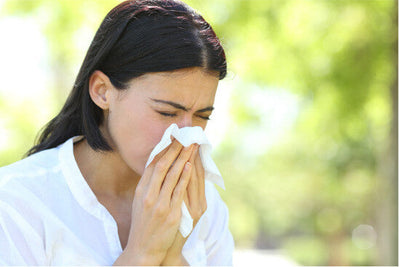By Dr. Faith Goan, PharmD, and Dr. Marc Goldstein, MD, Curist Medical Advisor
Curist delivers over-the-counter medicines to your door at a fraction of the price of traditional brands. We hope everyone stays safe and healthy during this time.
Is Runny Nose a Symptom of Coronavirus (COVID-19)?
Many people struggle to distinguish between symptoms potentially caused by coronavirus versus other conditions. According to the Centers for Disease Control and Prevention (CDC), coronavirus (COVID-19) symptoms that appear 2-14 days after exposure include:
- Fever (100.4 degrees F or higher)
- Dry Cough (No mucus coming up)
- Shortness of breath
- Persistent headaches
- New Loss of Taste or Smell
- Nausea/ Vomiting
- Diarrhea
- Muscle body aches/ pains
- Sore Throat
- Congestion or Runny Nose
The CDC notes that a runny nose is a possible sign of COVID-19. On the other hand, a message from the World Health Organization’s Director- General stated that “for most people, it starts off with a fever and a dry cough, not a runny nose”. If you or a loved one has a runny nose, along with other symptoms listed above, remain in isolation and receive proper COVID-19 testing.
Can a Runny Nose be a Symptom of Something Other than COVID-19?
A runny nose is not just a coronavirus (COVID-19) symptom, so if you have a runny nose it could be because of a variety of other conditions like the common cold, the flu, or allergies. If you want to distinguish if your runny nose is due to COVID-19 or due to the common cold, the flu, or allergies, we have some tips for you.
Is My Runny Nose From The Common Cold?
Runny nose is frequently a symptom of the common cold. Many symptoms overlap between the common cold and COVID-19, for instance:
- Sneezing
- If you are sneezing and are concerned about COVID-19, learn more in Coronavirus and Sneezing.
- Coughing
- Sore throat
- If you have a sore throat, learn more in Sore Throat: Coronavirus, Allergies or Cold?
However, unlike typical cases of coronavirus (COVID-19), a runny nose from the common cold will NOT be accompanied with a fever.
Is My Runny Nose From Allergies?
Like the common cold, a runny nose from allergies will also NOT be accompanied with a fever. A runny nose from allergies can be in conjunction with itchy eyes, watery eyes, itchy ears, itchy throat, and itchy nose. This type of reaction can be due to irritation from allergens such as tree pollen, pet dander, ragweed, or more.
To learn more about differentiating your symptoms between allergies, COVID-19, and the common cold, check out Allergies vs Coronavirus and Common Cold vs Allergies.
Is My Runny Nose From the Flu?
A runny nose due to the flu will be accompanied with a sore throat and fever. These symptoms can overlap with COVID-19, and it can be very hard to distinguish between the two without proper testing. The flu can be distinguished from COVID-19 by these key differences:
- Flu-like symptoms appear suddenly- you may feel very sick one morning out of nowhere
- Signs of shortness of breath is more closely associated with COVID-19 as opposed to the flu
- If you are experiencing a cough- determine if it is a “wet” cough (mucus is coming up) or if it is a “dry” cough. COVID-19 is more closely associated with a dry cough
What is the Best Allergy Medicine to Treat my Runny Nose?
Allergy medications can help by drying up the mucus that is causing your runny nose. There is not one best medication to treat a runny nose because some medications may work better for others. Some include:
- Levocetirizine (brand Curist, available here)
- Fexofenadine (brand Allegra)
- Loratadine (brand Claritin)
Although nasal sprays are more effective for nasal congestion, they can also help treat runny noses (see Curist Allergy Nasal Spray.
Other Tips for Treating your Runny Nose
Besides the use of medications to help treat your runny nose, try some of these self-treatment options:
- Use a neti pot to clear your nasal passage way
- Try saline nasal sprays to clean your nasal passages
- Get plenty of rest
- Drink plenty of water (hydrate, hydrate, hydrate)
- Take a hot shower (steam shower)
- Some say to eat spicy foods!
What If You Have A Runny Nose and Am Concerned About COVID-19?
It can be confusing when you’re trying to determine the source of your runny nose. Seek advice from your local pharmacist or other healthcare providers to determine the best way to treat your runny nose. The best way to determine if your symptoms are due to COVID-19 is to get tested. As stated above- check out your local Walgreens or CVS to see if drive-thru testing is available for you, or check this website out and search for testing sites in your state.
